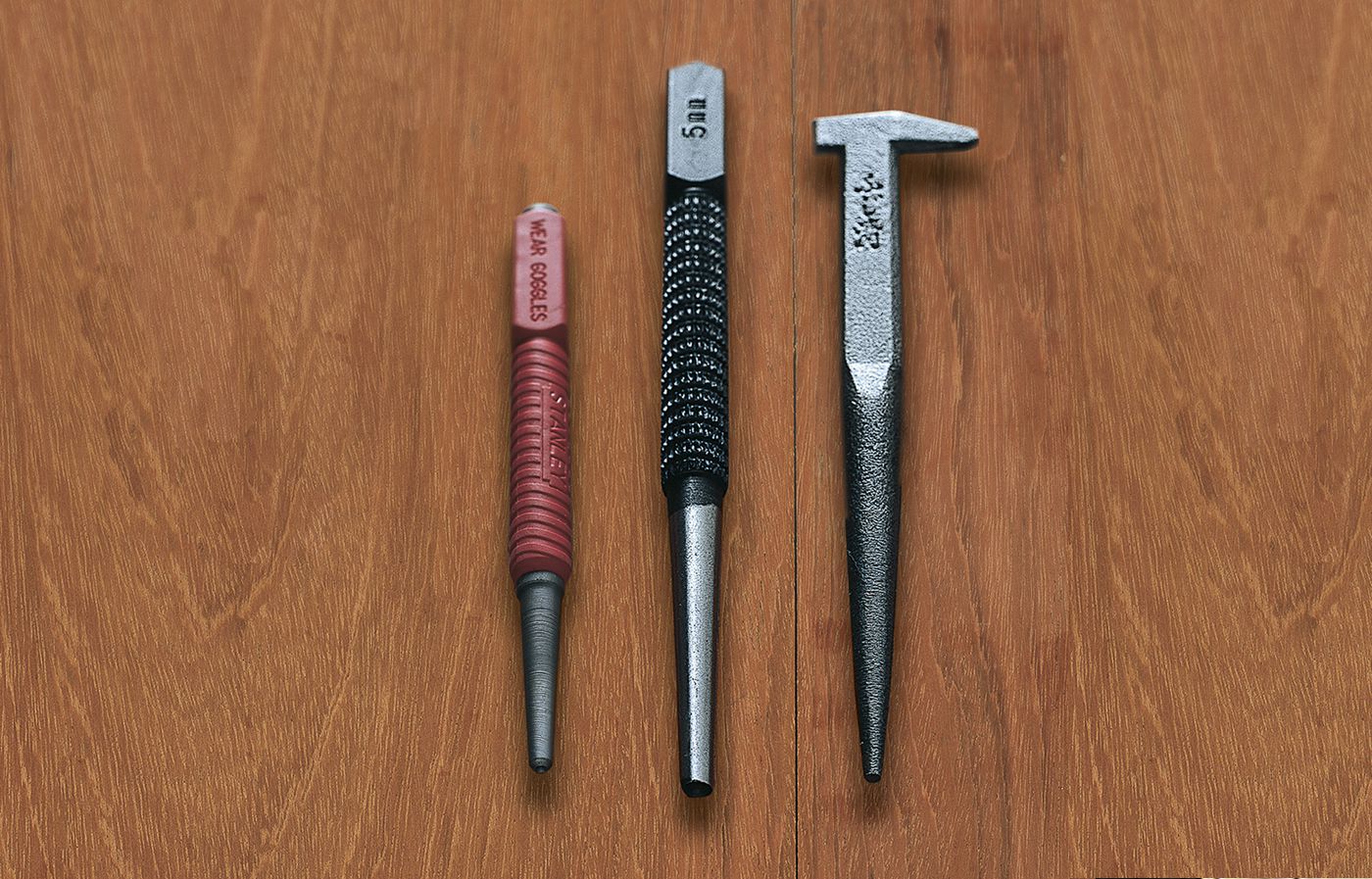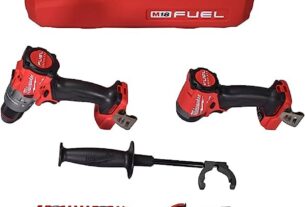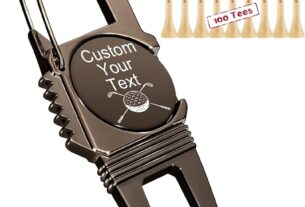Are you tired of struggling with manual hole punching tools that leave your hands sore and your work unprofessional? Look no further than a punching tool! Punching tools are a versatile, efficient, and cost-effective solution for all your hole-punching needs. In this comprehensive guide, we will cover everything you need to know about punching tools, from their various types and uses to how to choose the perfect one for your needs.
Types of Punching Tools
There are various types of punching tools available in the market today. Each type has its unique features and uses. Here are some of the most common types:
1. Hand-held Punching Tools
Hand-held punching tools are small and easy-to-use tools that require manual force to punch holes. They are ideal for light-duty tasks such as creating holes in paper, leather, or thin plastic sheets. Hand-held punching tools come in different shapes and sizes, including circular, rectangular, and square.
2. Plier Punches
Plier punches are another type of hand-held punching tool that is designed to provide a more comfortable grip while punching holes. They have a plier-like design that allows users to exert greater pressure when punching through thick materials like rubber or vinyl.
3. Bench-Top Punches
Bench-top punches are larger and more powerful than hand-held punches. They are designed to be mounted on a workbench or table and can easily punch through heavy-duty materials like metal or thick layers of cardboard.
4. Hydraulic Punches
Hydraulic punches use hydraulic pressure to create holes. They are ideal for high-volume operations that require consistent precision and accuracy. Hydraulic punches can be used on various materials such as steel, aluminum, copper, and plastic.
5. Electric Punches
Electric punches use an electric motor to drive the punch mechanism. They are ideal for high-volume operations and can punch through thick materials with ease. Electric punches are also available in different sizes and shapes.
Choosing the Right Punching Tool
Choosing the right punching tool is essential to ensure that you get the job done efficiently and effectively. Here are some factors to consider when choosing a punching tool:
1. Material Type: The type of material you will be working on will determine the type of punching tool you need. For instance, if you plan to work on metal sheets, a hydraulic or electric punch would be ideal.
2. Hole Size: The size of the hole you wish to punch will also determine the type of punching tool you need. Hand-held punching tools are ideal for creating small holes, while bench-top punches are suitable for larger holes.
3. Frequency of Use: If you plan to use your punching tool frequently, it’s best to invest in a good-quality one that can withstand heavy usage without breaking down.
4. Price: Punching tools come at different price points, and it’s essential to choose one that fits within your budget.
5. Brand Reputation: It’s always advisable to buy from reputable brands that offer warranties and after-sales services.
Benefits of Using a Punching Tool
Using a punching tool comes with various benefits, including:
1. Saves Time and Effort
Punching tools are designed to make hole-punching tasks more comfortable and efficient. They require less manual effort compared to traditional hand-held hole punchers.
2. Provides Consistent Results
Punching tools provide consistent results every time, ensuring that your work looks neat and professional.
3. Versatile
Punching tools can be used on various materials like paper, leather, plastic, rubber, metal sheets, etc., making them an ideal addition to any workshop or office setting.
4. Cost-Effective
Punching tools are relatively inexpensive compared to other power tools used for similar tasks. They are an affordable investment for both personal and professional use.
Conclusion
Punching tools are versatile, efficient, and cost-effective tools that come in various types, shapes, and sizes. Choosing the right punching tool depends on several factors such as material type, hole size, frequency of use, price, and brand reputation. Investing in a good-quality punching tool can make hole-punching tasks more comfortable, efficient, and provide consistent results every time.
Wiki Reference:
https://en.wikipedia.org/wiki/Punch_(tool)




